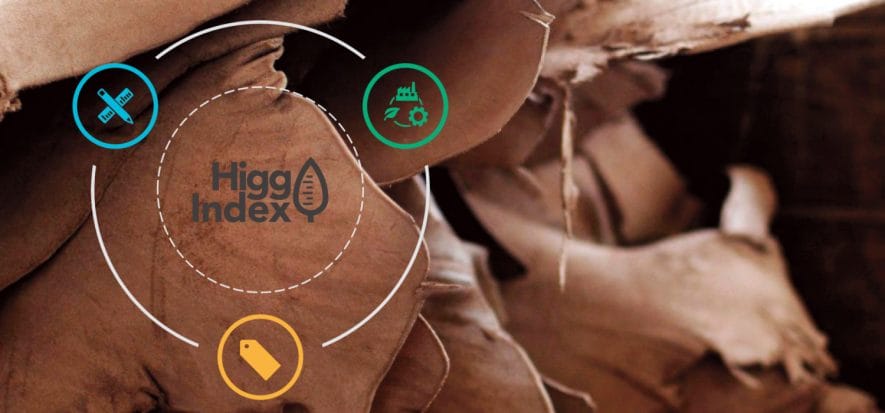This is the latest news about the so-called “case of leather standing up against the Higg Index”. At the beginning of October, global leather tanning industry joined forces and asked SAC (Sustainable Apparel Coalition) for the suspension of the Higg Materials Sustainability Index (MSI) regarding score which applies to leather. In practice: looking at the environmental footprint of leather during its lifecycle, the higher the impact is deemed to be, the higher the score given will be. After SAC negative response, they have now taken a step forward anyway. Yet, according to ICT (International Council of Tanners), this is still not enough.
Leather stands up against the Higg Index
According to the “leather tanning alliance”, because of the Higg Index leather is “burdened with a disproportionately high score”, based on the application of “inappropriate methodologies” and, in addition, “out-of-date, unrepresentative, inaccurate and incomplete data”. As a result, this has led to “a negative perception of leather that does not reflect its sustainable and circular nature”. Yet SAC made public its response on their own blog: they rejected that proposal. However, they have announced their full availability to start an “open discussion” and consider all data and information they will be supplied by all leather tanning stakeholders. As they claimed, they will make use of such data to improve the Higg Index.
A step forward
Yet, for the records, on November 2nd SAC took one more step forward. In other words, as illustrated by ICT, they have withdrawn the “MSI aggregated single score” on leather. As remarked by tanners, this is a good thing because it “brings about further transparency”. Yet, on the other hand, they are still concerned “about the fact that data and methods applied to the 5 footprint areas do not really show and describe the impact of some materials”. The five areas are about the assessment of the following factors: “global warming potential, water pollution, shortage of water, depletion of fossil fuels and chemical impact”.
Not enough though
Although they favourably welcomed this kind of upgrading, carried out by SAC, ICT standpoint is still quite disapproving anyway. In fact, nevertheless, leather is still “burdened with a disproportionately high score, which does not reflect its sustainable and circular nature”. Such score is based on the application of “inappropriate methodologies and out-of-date, unrepresentative, inaccurate and incomplete data”. While releasing an announcement, ICT has highlighted “they favourably welcome the opportunity to further discuss such issues with SAC”. The aim is to “explore the inner workings in order to detect data and metrics which are most suitable for leather. In addition, the leather industry is planning to assess the feasibility of creating a specific sectorial database”. In so doing, they would provide all stakeholders with “reliable data on leather environmental footprint, its provisions, processes and products”. The debate goes on then.
Those who called for suspension
UNIC – Italian Tanneries, COTANCE (Confederation of National Associations of Tanners and Dressers of the European Community), ICHSLTA (International Council of Hides, Skins and Leather Traders Association), IULTCS (International Union of Leather Technologists and Chemists Societies), LHCA (Leather and Hide Council of America), Leather Naturally, LWG (Leather Working Group), One 4 Leather and SLTC (Society of Leather Technologists and Chemists) are the leather tanning associations, councils and confederations who, among others, called for MSI suspension.
Read also:
- SAC replies online to leather industry and does not suspend the Higg Index
- Global leather industry stands up against Higg sustainability index: it is all wrong
- The Amazon, ICEC certifies hides by Italia and Poletto tanneries
- 23 tanneries awarded by UNIC










